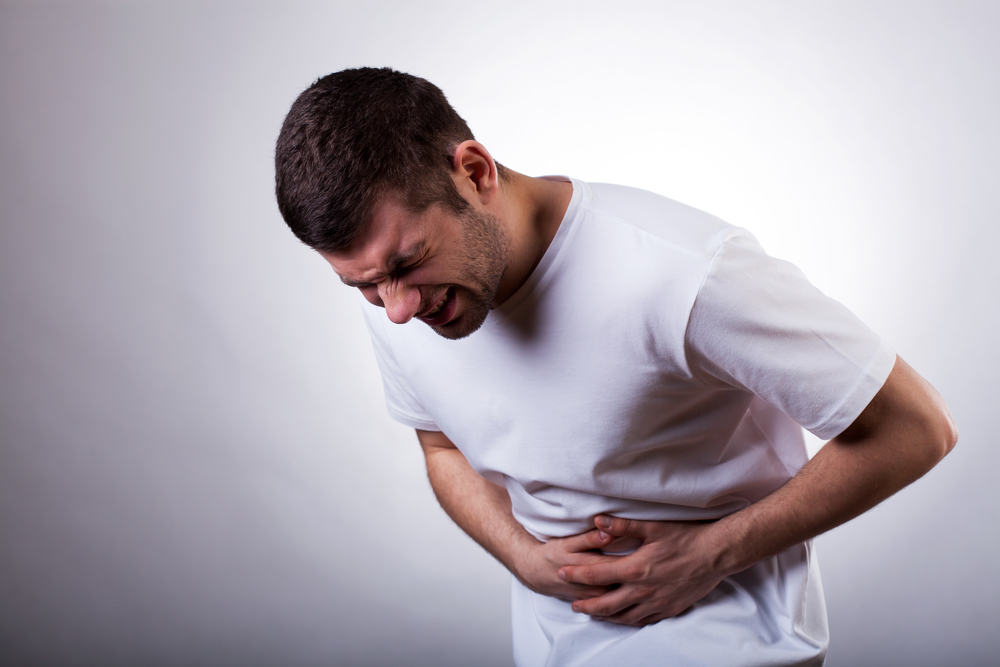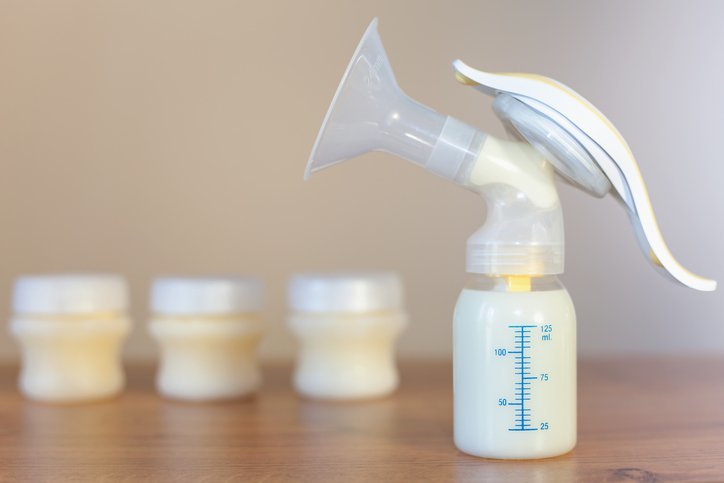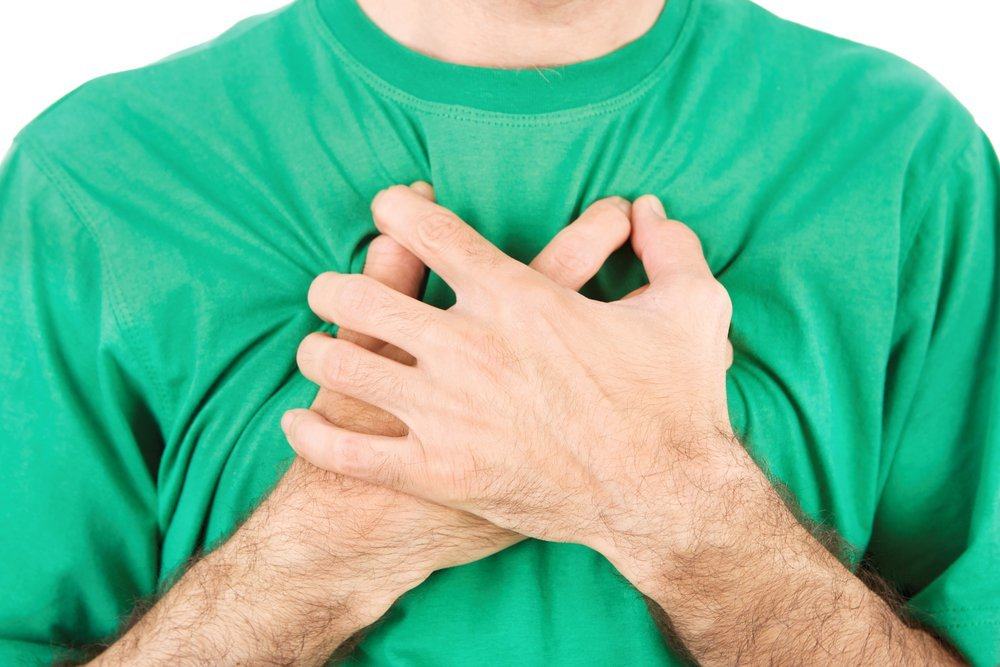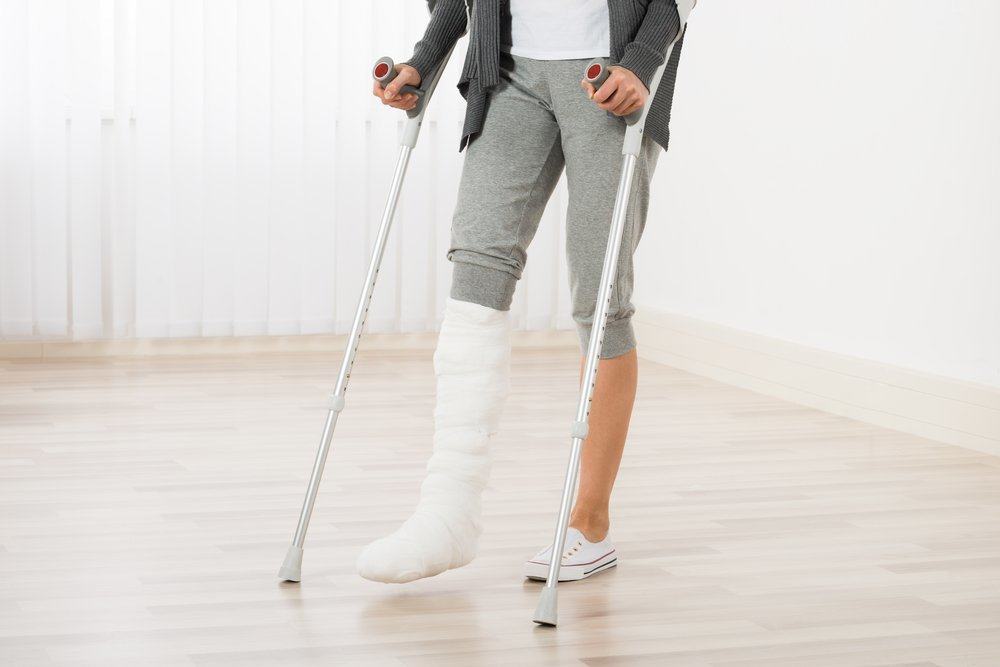Contents:
- Medical Video: Heartburn, Acid Reflux, GERD-Mayo Clinic
- 1. Constipation
- 2. Diarrhea
- 3. Gastroenteritis or stomach flu
- 4. Appendicitis or appendicitis
- 5. Urinary tract infections
- 6. Indigestion
- 7. Gastroesophageal reflux disease
- 8. Irritable bowel syndrome
- 9. Crohn's disease
- 10. Lactose intolerance
- 11. Gallstones or kidney stones
- What should be done when experiencing abdominal pain?
Medical Video: Heartburn, Acid Reflux, GERD-Mayo Clinic
Abdominal pain is a type of pain that occurs in the abdominal area. Pain in the abdomen can originate from the abdominal muscles, from organs in the stomach, or from organs near the abdomen. Infection or damage to these organs can cause abdominal pain.
For stomach aches that don't heal, you should pay attention to exactly where the pain comes from, and whether you have other symptoms related to pain. Here are some common causes of abdominal pain:
1. Constipation
If you suffer from constipation, you will already be familiar with abdominal pain. Constipation is defined as a condition of difficulty defecating or not defecating at all for more than three consecutive days. When you cannot defecate, feces will accumulate in your large intestine. The lower part of your stomach can be elongated and has bloating that feels painful.
Constipation can affect a person at any age. To avoid constipation, you must drink plenty of water and lots of fiber-rich foods in your diet. Regular exercise can also help digestion. Constipation is a common condition that affects people of all ages. This condition shows that you do not urinate regularly or you cannot completely empty your intestines.
2. Diarrhea
Abdominal pain can also be caused by severe diarrhea where the stool is runny and runny. Diarrhea means defecating at least three or more times a day. Acute diarrhea is a common problem that usually lasts 1 or 2 days and will recover by itself. Tell your doctor if diarrhea lasts more than 2 days. This condition may be a sign of a stomach infection or other serious condition. Diarrhea can cause dehydration and loss of important electrolytes in the body. Drink plenty of water with electrolytes to avoid dehydration.
3. Gastroenteritis or stomach flu
Gastroenteritis, also known as stomach flu, is a very common condition that causes diarrhea and vomiting. This condition is usually caused by bacteria or viruses. Some other signs and symptoms may include fever, nausea and headaches. If you have these signs, you should tell your doctor. You may need medical attention to treat infections and may be dehydrated.
4. Appendicitis or appendicitis
If you have pain in the lower right side of your stomach, you may have appendicitis caused by an inflammation of your appendix. Your appendix is a small tissue that extends from your large intestine. The function of your appendix is still unknown. Appendicitis occurs when your appendix is blocked by feces or foreign substances. If left untreated, your appendix can rupture and cause infection to spread in your body.
Some signs and symptoms besides other stomach aches are high fever, loss of appetite, nausea and vomiting. If you have any of these signs, contact your doctor immediately.
5. Urinary tract infections
Urinary tract infection, also known as urinary tract infections, can also cause kidney infections (pyelonephritis) which are abdominal pain and fever and pain when urinating. This is usually caused by a bacterial infection. Urinary tract infections are more common in women than men. You should tell your doctor if you have signs of a urinary tract infection. You may need to use antibiotics to treat the infection.
6. Indigestion
Pain from digestive disorders is often caused by certain foods. This pain is usually felt as discomfort in the upper part of your stomach. Indigestion is usually caused by foods high in fat and eating large portions of food. When your stomach cannot hold and digest your food, it will sometimes overflow and cause discomfort. You may belch and have a sour taste in your mouth. Pain can last for several hours and stress can make it worse.
7. Gastroesophageal reflux disease
Gastroesophageal reflux disease (GERD) aka gastric acid reflux is a condition that occurs when food in your stomach is forced back into the esophagus (mouth to stomach tract). The food in your stomach mixes with acid during the digestive process. When acid reflux returns to the esophagus, this will cause a heat sensation in the upper abdomen, or often known asheartburn or ulcer. You can manage your GERD by avoiding spicy foods, large portions of food, and high-fat foods.
8. Irritable bowel syndrome
Irritable bowel syndrome (IBS) is a long-term general condition of the digestive system. This can cause stomach cramps, bloating, diarrhea and / or constipation. This condition most often affects women than men. You can manage the symptoms of this condition by avoiding certain foods that can trigger stomach aches. These foods may include cheese, sweet foods high in sugar, and processed foods. You have to eat more vegetables, fruits, and drink lots of water. Regular exercise is also recommended.
9. Crohn's disease
Crohn's disease causes inflammation of the lining of your digestive tract which can cause stomach pain, severe diarrhea, fatigue, weight loss, and malnutrition. Crohn's disease can be painful and debilitating, sometimes even causing life-threatening complications.
10. Lactose intolerance
If you are a lactose intolerant aka lactose intolerance, meaning you experience digestive problems in which the body is unable to digest lactose, a type of sugar found mainly in milk and dairy products. Symptoms of lactose intolerance include: flatulence (gasping), diarrhea, flatulence and abdominal cramps.
11. Gallstones or kidney stones
Kidney stones and gallstones are not the same condition, but both can cause abdominal pain. Gallstones are hard deposits that form in your bile, while kidney stones are hard calcified stones that form in the kidneys. Both of these conditions can cause severe pain. The doctor may prescribe medication to dissolve these stones or stones can be removed from the body through surgery.
What should be done when experiencing abdominal pain?
Next time you have a stomach ache, you should check and see if you have one of the general conditions above. Notify your doctor immediately. Early detection of any condition will help your body respond to treatment better. If left unchecked, this condition can trigger a blockage in the digestive system and cause painful stomach pain.
READ ALSO:
- Frequent Severe Stomach Pain? Beware of Bowel Inflammation
- 7 Natural Herbs to Relieve Stomach Pain
- 8 Foods That Cause Ulcer and Stomach Acid Disorders












